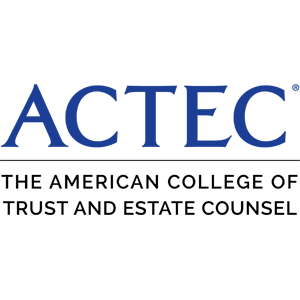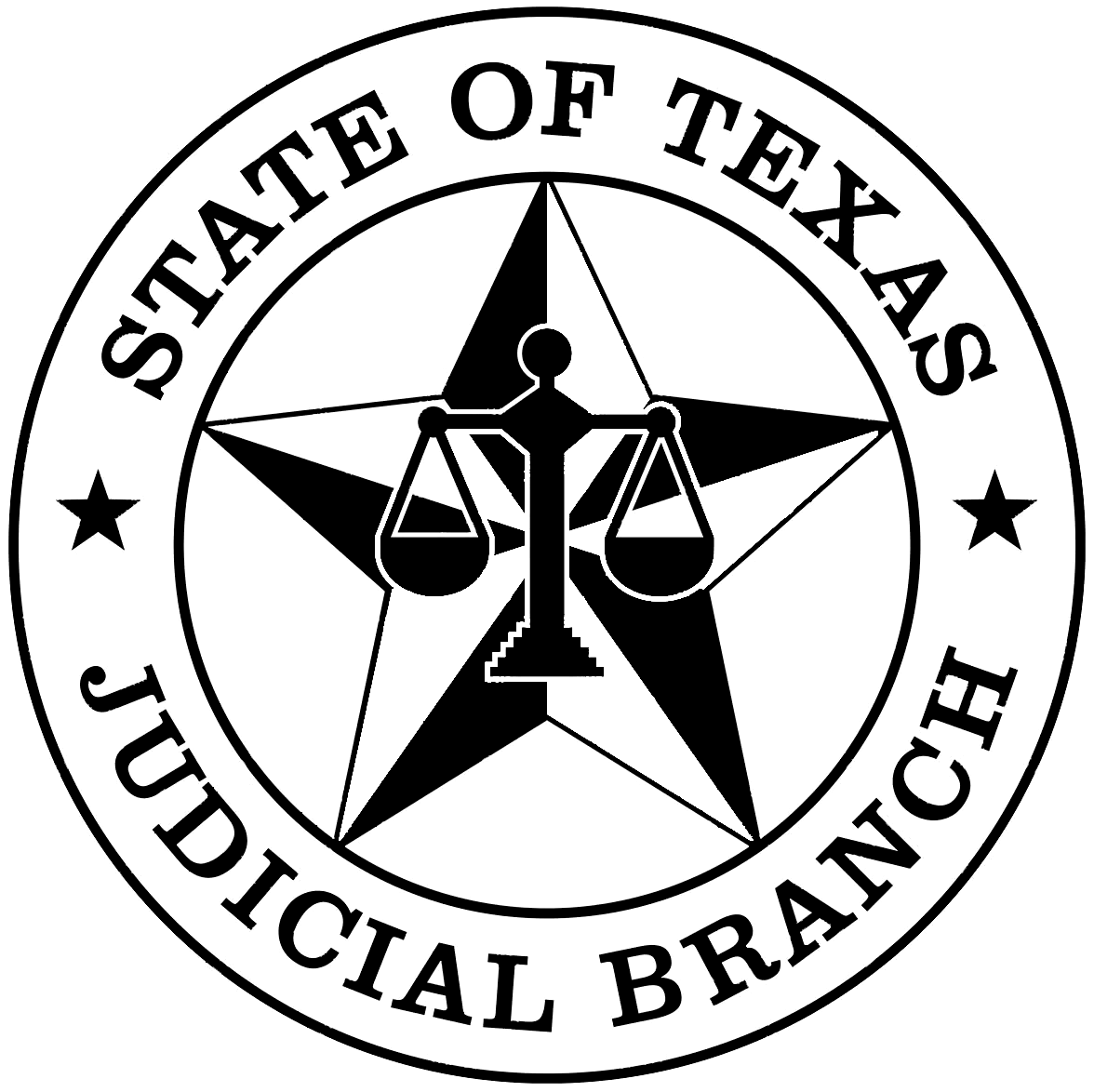Texas Legislature - The Texas Legislature operates as a bicameral body, comprising the Texas Senate and the Texas House of Representatives. The Senate has 31 members serving four-year terms, while the House consists of 150 members serving two-year terms. The Legislature is responsible for proposing, debating, and passing laws that govern the state. Its duties include formulating the state budget, levying taxes, and addressing various policy issues such as education, healthcare, and transportation.

























